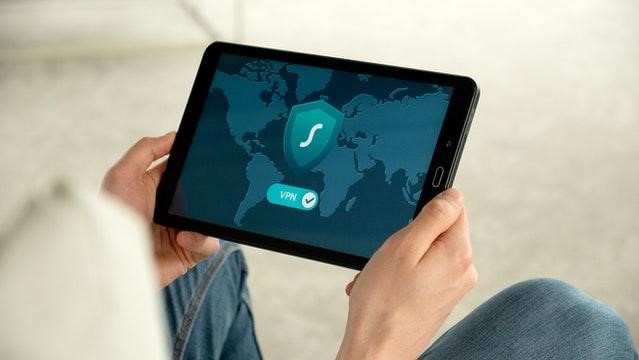These days, privacy is more important than ever, as we spend more of our waking hours online. A virtual private network (VPN) can help secure your data and open up new possibilities whether you’ve connected to public Wi-Fi, thinking about how your data is being used, or wish to watch shows that aren’t accessible in your country.
What Is a VPN?
A VPN is a simple and effective solution to improve your online security, freedom, and privacy. When you use the internet, your device constantly shares data with third parties. A VPN establishes a secure connection between the device and the internet.
A VPN lets you communicate data to an external server through a secure, encrypted connection: the VPN server. The data will then be forwarded to its endpoint on the internet. There are various advantages to rerouting your traffic via a VPN server. It aids in the concealment of your online identity, safeguards your information, and it gives you more freedom when using the internet.
How Does a VPN Work?
Microsoft employees created the VPN in 1996. It was developed as a mechanism for the workforce to access the company’s internal network securely. After it boosted corporate productivity, other businesses began to follow suit. Business VPNs that enable remote work are becoming commonplace in the business world.
In the consumer market, VPNs like this VPN Norway list have become the cornerstone of internet privacy. Instead of directing internet traffic (searches, uploads, downloads) to your ISP, a VPN first routes it via a server. As a result, when the data is finally delivered to its intended place, it looks to have originated from a different server and not from your own computer.
The IP address, which is a unique number to your network, will get exposed to unauthorized parties on the internet if you don’t use a VPN. A VPN hides the IP address by acting as an intercessor and redirecting your traffic.
As you connect, it also adds a tunnel or encryption for your identity. The server and encryption tunnel works together to prevent the ISP, hackers, governments, and others from eavesdropping as you browse the web.
VPN Encryption
The method of encoding your data or making information encrypted is known as encryption. For example, in instances where you enter credit card information on a website, it gets encrypted and is made unreadable till it is delivered to the proper receiver.
Different VPN providers utilize different encryption methods. In general, the encryption procedure proceeds steps include: When you first connect a VPN, your data is encrypted and sent via a secure tunnel. Meaning your data travels between the computer and the VPN server, it is converted into an unreadable code.
Your VPN and device are now seen as being on the same network. As a result, the IP address will be that of one of the VPN provider’s servers. You are free to use the internet as you choose; comfortable with the assurance the VPN will protect your private information.





Add Comment